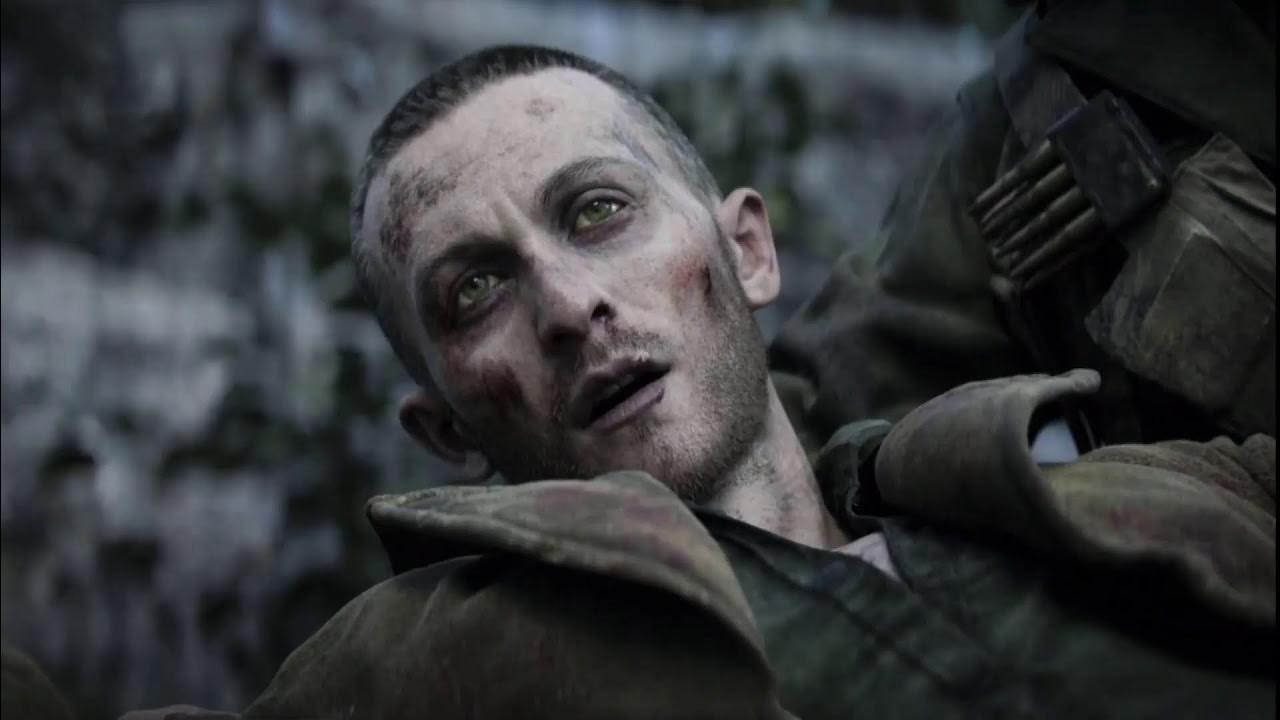The cinematic adaptation of a beloved video game franchise often feels like Hollywood`s eternal quest for the Holy Grail. It`s a path fraught with peril, fan expectations, and the intricate dance between creative vision and corporate control. Few directors command the respect, or the terms, that Steven Spielberg does. So, when news surfaced that the legendary filmmaker was interested in bringing the Call of Duty universe to the silver screen, it undoubtedly sparked widespread excitement and, perhaps, a few nervous glances in executive boardrooms. Yet, this particular mission, it seems, was aborted before it ever truly began.
The Lure of the Franchise and a Director`s Demands
Call of Duty, a titan in the gaming world, boasts a narrative depth and action-packed scenarios that one might assume are ripe for cinematic translation. Its various sub-brands, from the historical theatres of war to near-future combat, offer a rich tapestry for storytelling. For a director like Spielberg, renowned for his ability to craft immersive spectacles and compelling human dramas within extraordinary circumstances, the appeal is clear.
However, the journey from game to film is rarely straightforward. According to industry reports, Spielberg, a self-professed fan of the franchise, had indeed sought to personally direct a Call of Duty movie through his Amblin production company, pitching the concept to Activision, the game`s publisher. But a chasm quickly emerged: Spielberg`s team reportedly requested a “top-of-market” economic deal, comprehensive control over both production and marketing, and crucially, “final cut” privileges.
For those unfamiliar with Hollywood parlance, “final cut” is the holy grail for a director – the absolute last word on the version of a film that reaches audiences. It`s a rare concession, typically reserved for a select few industry titans like Quentin Tarantino, James Cameron, and, naturally, Steven Spielberg himself. These demands, while standard for a filmmaker of Spielberg`s caliber and track record, were apparently enough to “spook” Activision executives.
Activision`s Guarded Stance and the Clash of Controls
Activision, now under the vast umbrella of Microsoft, has a long, somewhat beleaguered history of attempting to bring Call of Duty to film. Back in 2015, the company even established Activision Blizzard Studios with ambitious plans for an entire cinematic universe, complete with multiple films spanning Modern Warfare and Black Ops storylines. Yet, despite these grand visions, not a single one has materialized. This history likely informs their cautious approach.
From Activision`s perspective, handing over “total control” to a director, no matter how esteemed, for an IP as valuable and globally recognized as Call of Duty, presents a significant risk. The company has a vested interest in ensuring any adaptation remains faithful to the core essence of the game, resonates with its massive player base, and, perhaps most importantly, aligns with their overall brand strategy. Creative autonomy, while vital for artistic integrity, can sometimes be a double-edged sword when adapting an established, fan-beloved universe. It’s a delicate balance between artistic interpretation and brand guardianship.
The implied irony here is palpable: a company that has struggled for years to launch a film project for its flagship game eventually passes on arguably the most qualified director to do it, precisely because he operates at a level of creative control most studios only dream of granting. It’s a testament to the unique challenges posed by video game adaptations, where the source material often has an active, evolving life beyond the screen.
A New Deployment: Paramount Steps Up
With Spielberg`s chapter closed, the Call of Duty movie saga takes a new turn. Paramount is now reportedly developing the film, with a potential TV series to follow. At the helm is David Ellison, head of Skydance, who expressed a deep passion for the franchise and a commitment to delivering a faithful adaptation. Crucially, Ellison`s pitch reportedly offered Activision “much more control over the process,” a clear indication of where the previous deal likely faltered.
This shift underscores a prevailing trend in the current era of IP-driven content: rights holders are increasingly keen to maintain a tighter grip on their universes, especially when collaborating with external creative talent. The lessons learned from past adaptations – both successful and infamous – have evidently reshaped the negotiating table.
Spielberg`s Gaming Legacy: A Rich, If Complex, History
While a Call of Duty film won`t feature on his directorial resume, Spielberg`s connection to the gaming world is surprisingly deep and multifaceted. He served as an executive producer for the Halo TV series, reportedly being “heavily involved” and scrutinizing “every aspect” of its two-season run. More notably, he conceived and produced the seminal Medal of Honor series – a historical first-person shooter that, ironically, served as a spiritual precursor and direct competitor to the early Call of Duty titles. He even directed the relatively obscure 2008 puzzle game, Boom Blox.
And, of course, there`s the legendary, albeit infamous, tale of the E.T. video game adaptation from 1982, a title so catastrophically received that its unsold cartridges were famously (and literally) buried in the New Mexico desert. This serves as a stark, historical reminder of the perils of adapting beloved cinematic IPs into games – a mirror image of the challenge now facing the Call of Duty film, albeit with significantly more sophisticated production pipelines.
The Unending Quest for Adaptation Gold
The story of Spielberg and Call of Duty is more than just a Hollywood `what if`; it`s a microcosm of the ongoing struggle to successfully bridge the gap between interactive entertainment and passive viewing. It highlights the inherent tension between a visionary director`s desire for creative freedom and a publisher`s imperative to protect a multi-billion dollar brand.
As Paramount takes up the mantle, the question remains: will this new iteration finally break the “video game movie curse” for Call of Duty? Only time will tell, but one thing is clear: in the high-stakes world of Hollywood adaptations, control, it seems, is the ultimate objective, and sometimes, even a legend has to yield to the exigencies of the brand.

